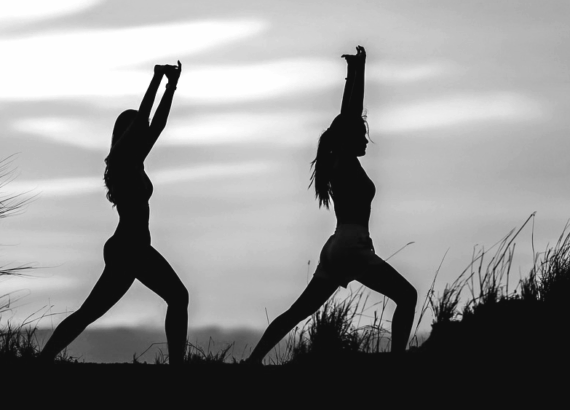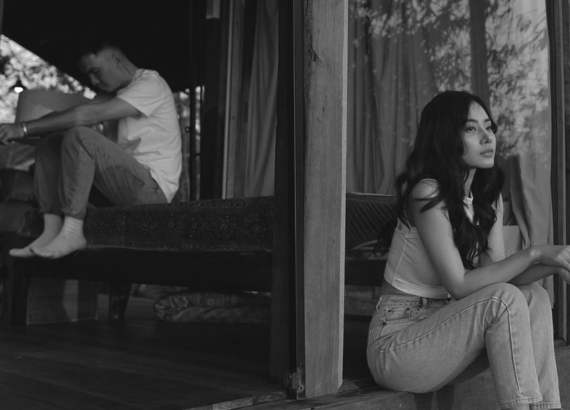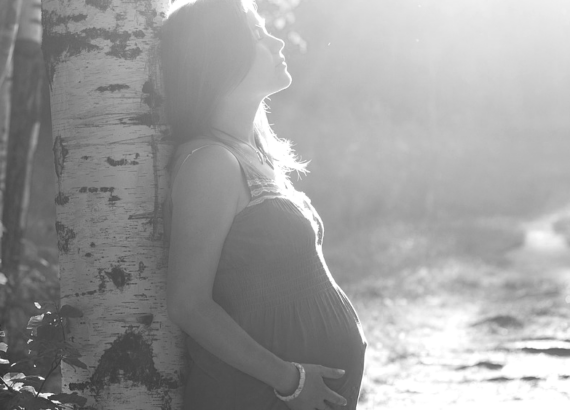Childhood Trauma and How it Affects Adulthood

No matter how far one gets from childhood or how much time passes, its echoes can be felt well into adulthood. It’s present in how we approach our relationships, work, and even our hobbies. As children, we learn how the world works from our caregivers and the people around us. We absorb information constantly and form opinions about who we are and how we exist in relation to others.
Over time, those echoes of our Childhood Trauma can compound, creating noise and turmoil in our lives when what we really crave is stability. Understanding the causes of Childhood Trauma and how they affect us makes it possible to heal and move forward.
Causes of Childhood Trauma
Often we think of the primary causes of Childhood Trauma as physical or sexual abuse, but the reality is more nuanced. Any experience that causes extreme distress in a child can be a source of trauma. The death of a loved one, emotional abuse, neglect, or severe bullying are other common examples of traumatic experiences. Trauma is often associated with a lack of stability: drug or alcohol abuse in the family, violent crime in the neighborhood, and proximity to mental illness can all contribute.

Effects of Childhood Trauma
At its core, our response to trauma is rooted in the fight-or-flight response. It’s a survival mechanism triggered by dangerous or uncertain situations. When that mechanism activates, our brains signal to produce stress hormones like cortisol and adrenaline, which sharpen our senses and heighten our reflexes. Because our childhood is a period of profound physiological changes, prolonged or repeated exposure to stress can alter how we develop as children.
As a response to Childhood Trauma, our brains adapt to our environment. In many cases, high-stress hormone levels can cause the amygdala to become overactive. While the amygdala is responsible primarily for processing and regulating emotion, it may be helpful to think of it as an alert system. It stays on the lookout for danger, leading to hypervigilance. The systems that put us into fight-or-flight mode are always on high alert, ready to respond with fear, anxiety, or aggression.
In addition, changes to the hippocampus and prefrontal cortex impact how we form memories and make decisions. In a very real sense, those changes are survival adaptations. They dull and conceal unpleasant traumatic memories and heighten our reaction times.
Common Impacts on Adulthood
The cumulative effect of these development changes varies wildly from person to person, but many survivors of Childhood Trauma experience some of the following symptoms:
- Attachment \ Relationship Issues
- Addiction \ Substance Abuse
- Anxiety
- Conflict Avoidance
- Chronic Pain
- Depression
- Difficulty with Memory
- Eating Disorders
- Feelings of Shame or Guilt
- Hypervigilance
- Lack of Focus
- Low Self-Esteem
- Insomnia
- Perfectionism
- Post-Traumatic Stress Disorder (PTSD)

It’s worth noting symptoms of Childhood Trauma may vary from person to person, even for those who experienced similar types of trauma. Childhood Trauma often causes survivors to suffer from insecurity and low self-esteem. This can lead to a belief they are irreparably broken. As a result, many adults who suffer from Childhood Trauma are reluctant to seek out help resolving the issues they may be having. As children, many may feel responsible for managing the emotions of the adults in their lives. Accordingly, as adults, they often engage in people-pleasing behaviors, sacrificing their own happiness and identity for others.
Healing the Past with the Online Counselors in NC
While it may seem impossible, knowing it’s possible to heal even as an adult is important. Our bodies are incredibly resilient. With tools and guidance, we can leverage the neuroplasticity of our brains to ease our way out of survival mode. That way, we can stop living in the past or worrying about the future and focus on enjoying the present.
Contact us to schedule a consultation if you want to learn more about therapeutic tools and techniques that can help you heal your Childhood Trauma. You can also check back here on our blog for specific tips and insights to help you hack your brain to kickstart the healing process.




